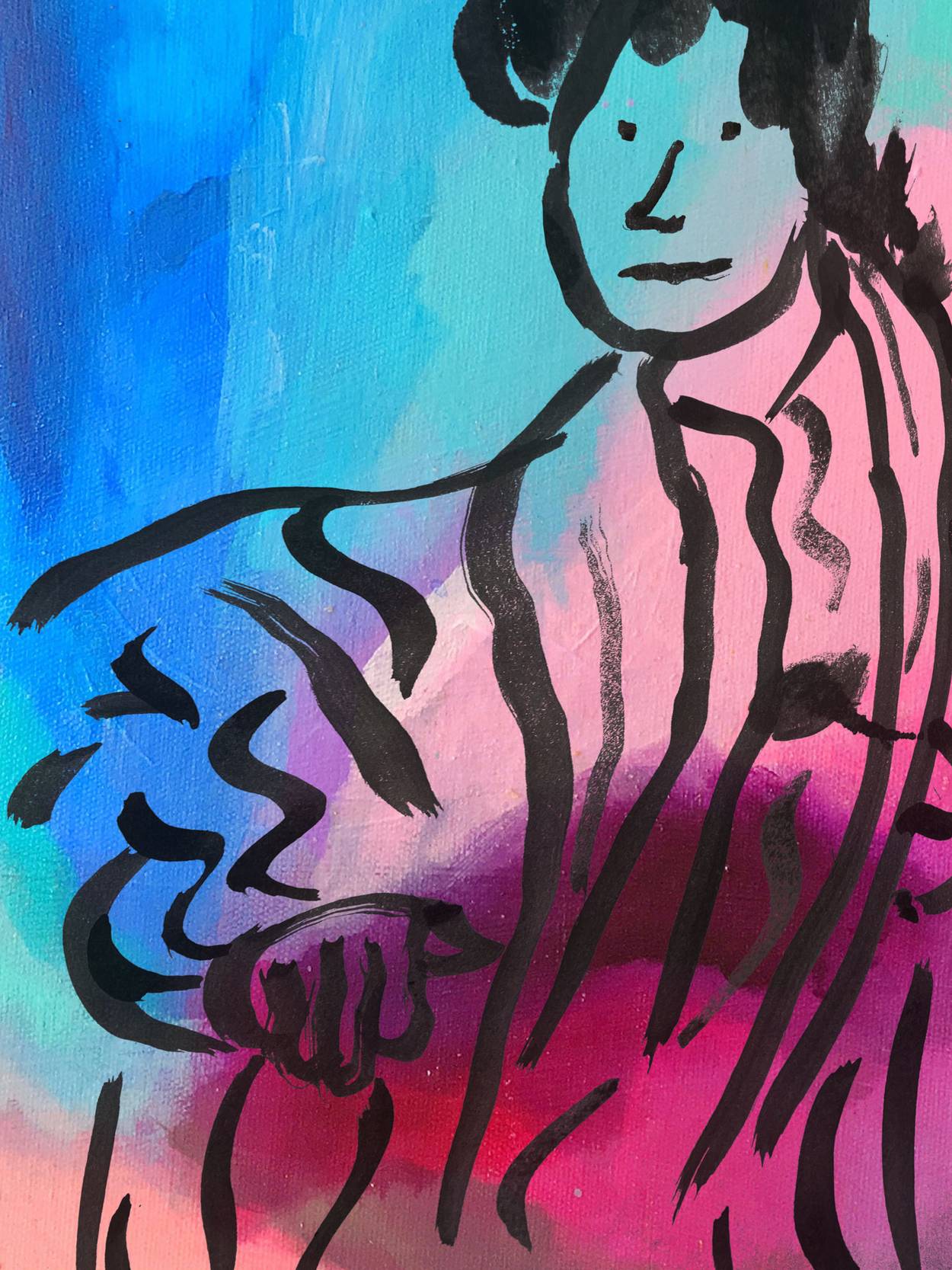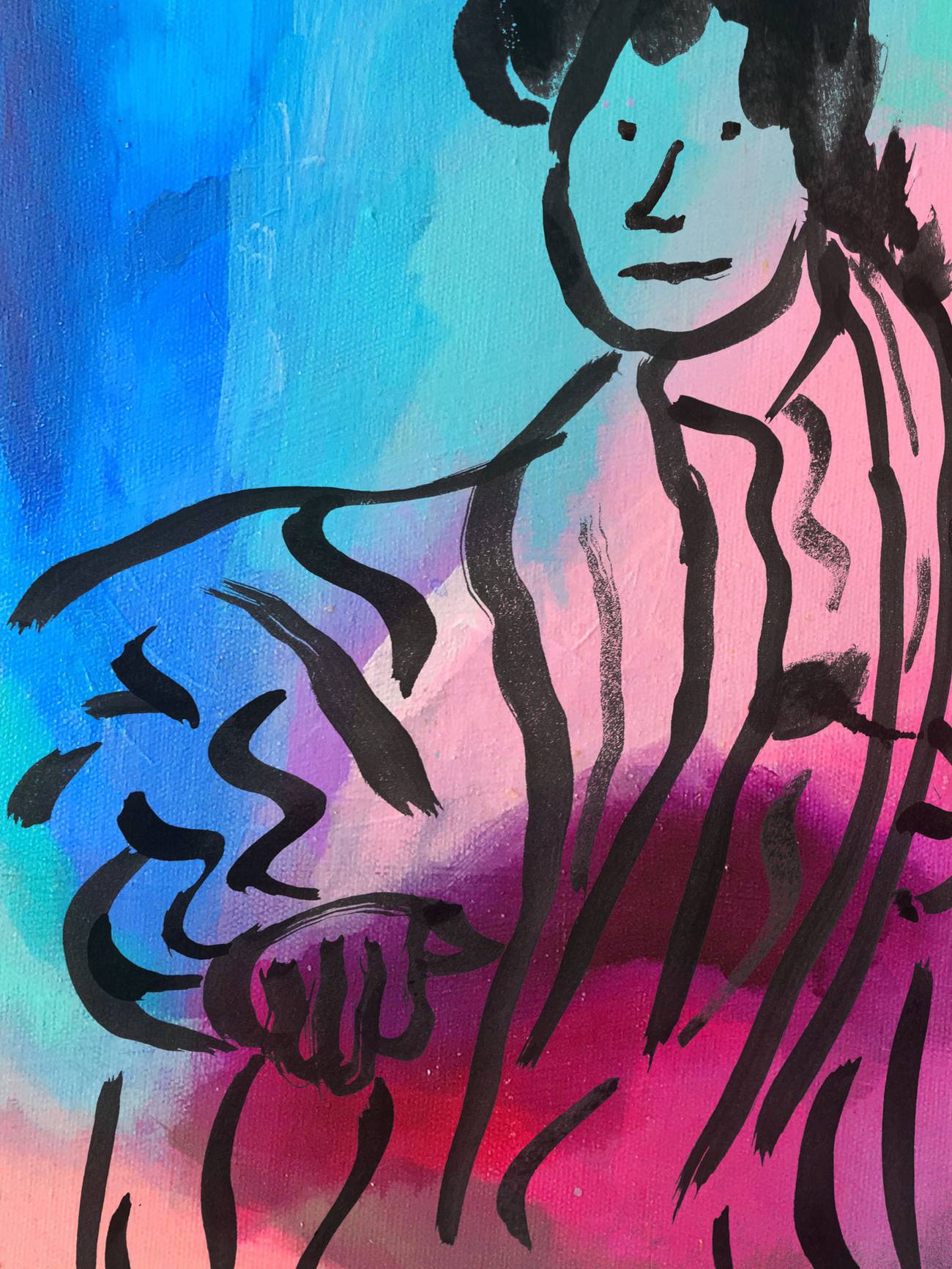Albert Murray was an icon in the music industry. Though not a musician himself, he was a Black author whose writings shaped the genres of jazz and the blues. Between 1970 and 2005, he wrote a dozen books, including The Hero and the Blues (1973), Stomping the Blues (1976), From the Briarpatch File: On Context, Procedure, and American Identity (2001), and The Magic Keys (2005), sparking crucial conversations on race, music, and culture in the United States. An Air Force veteran who was close friends with Invisible Man author Ralph Ellison, Murray co-founded Jazz at Lincoln Center in New York and was the inaugural recipient of the Harper Lee Award celebrating writers hailing from Alabama. He taught at colleges including Columbia, Barnard, Colgate, and Emory and was the recipient of two honorary doctorates. In a 1996 New Yorker profile, the Harvard historian Henry Louis Gates Jr. concluded: “This is Albert Murray’s century; we just live in it.”
Murray’s copious creative energies were, as he noted often, drawn from a rather surprising source: an ancient Jewish exilic figure whose death is recorded in the closing chapter of the Book of Genesis, which we read in this week’s parsha.
“Indeed, Afro-Americans will find that Joseph shares fundamental qualities in common with the epic hero of the blues tradition,” Murray wrote in The Hero and the Blues. As he would recall later in Gates’ write-up, during his last two years of active service during WWII, Murray “was just hoping I’d live long enough for Thomas Mann to finish the last volume of Joseph and His Brothers,” the mid-20th-century novelistic retelling of the traditional biblical epic. The decadeslong fight against slavery and for civil rights had often drawn from the model of Moses the liberator, from spirituals like “Go Down Moses” to Martin Luther King Jr.’s having seen the Promised Land from the mountaintop. Murray, instead, had long chosen to meditate on Joseph.
Having survived unfulfilled dreams, brotherly betrayal, being sold into slavery, and false imprisonment, Joseph maintained an unyielding faith that God’s plan had mapped out a grander purpose for him. Murray writes:
Joseph goes beyond his failures in the very blues singing process of acknowledging them and admitting to himself how bad conditions are. Thus, his heroic optimism is informed by the facts of life. It is also geared to his knowledge of strategy and his skill with such tools and weapons as happen to be available. These are the qualities which enable him to turn misfortune into natural benefits. At any rate, he proceeds as if each setback were really a recoil action for a greater leap forward, as if each downfall were a deliberately designed crouch for higher elevation.
Murray was likely unaware of the Jewish practice of parents blessing their children on Friday night at the Shabbat table, in fulfillment of Jacob’s blessing to Joseph in Genesis’ 48th chapter, that “God should make you like Ephraim and Menashe.” But he intuited in Joseph that practice’s essential meaning. To this day, the majority of Jews live in exile, outside of the land of Israel. The hope, expressed in the blessing, is that they, like their ancient forebears in Egypt, retain the faith of their fathers and mothers. Countless parents pray weekly that their Ephraims and Menashes possess fealty to the covenant in the face of an often corrupted, foreign milieu. Not only that; the wish is that they, like Joseph’s family, contribute positively to this wider culture. As Murray continued:
Joseph … not only uses his inner resources and the means at hand to take advantage of the most unlikely opportunities to succeed in the circumstances in which he finds himself; he also makes himself indispensable to the welfare of the nation as a whole.
Those who follow Moses are forever talking about going back home; but to Joseph, for whom being at home was as much a matter of the spirit as of real estate, anywhere he is can become the Land of Great Promise.
Undoubtedly, Moses, whose story begins with the Book of Exodus, has left an indelible mark on the United States. As Bruce Feiler, author of America’s Prophet: Moses and the American Story, has put it, “The Moses story has been used by almost every great American leader in almost every defining time, from the Colonies through today. It’s a universal story that transcends time.” That is undoubtedly true. But as Murray taught, we would be remiss to overlook that dreamer from a few generations earlier:
No one can deny Moses, great emancipator that he was, the position as epic hero of the anti-slavery movements. But neither should anyone overlook what Joseph, the riff-style improviser, did to slavery. He transcended it …
For generations of Americans, both Jewish and gentile, Joseph has provided a character for complex times. Not a divinely designated deliverer but a figure who felt foreign even when at home, Joseph’s story ends not on the border of Israel but in Egypt. Dreams having been deferred and liberation not yet at hand, Joseph reacted by ever leaping forward, proving indispensable to his environment. After all, each downfall was, he understood, not occasion for despair but a deliberately designed crouch for higher elevation. One step forward at a time he believed then, and we believe now, transcendent deliverance would eventually arrive.

